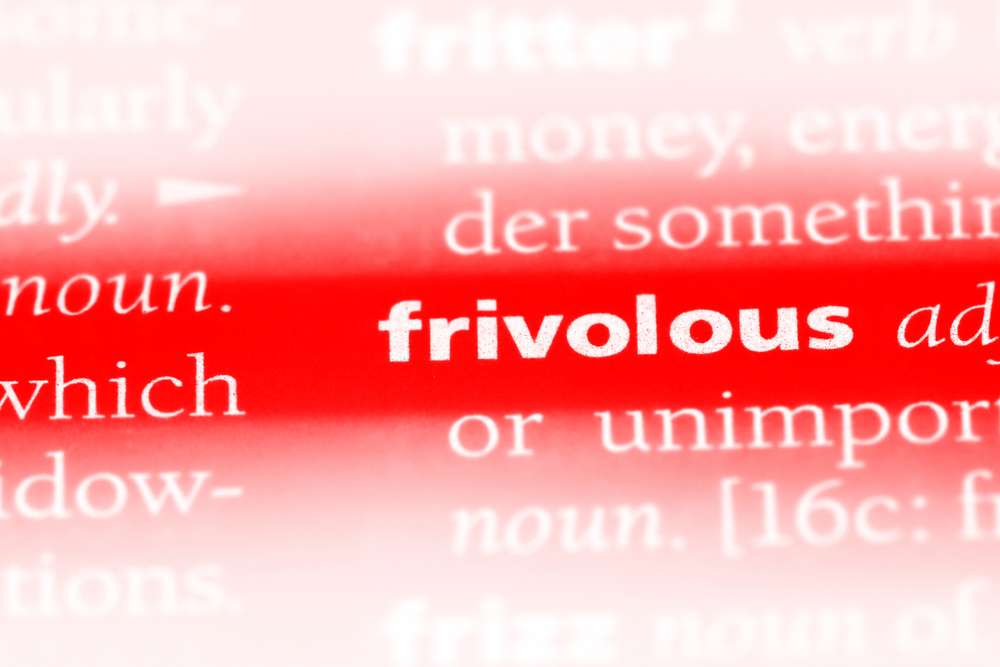Proposals for Settlement ONLY Apply to Claims for Monetary Relief
While there are times I will serve a proposal for settlement to create an argument to recover attorney’s fees, I always tell clients proposals for settlement create nothing more than an argument. In other words, you cannot bank on actually recovering attorney’s fees because of conflicting case law or case law that finds reasons to invalidate a proposal for settlement. Thus, when I serve a proposal for settlement, I make sure the client’s expectations are tempered. But, when I receive a proposal for settlement on behalf of a client, I make sure the client appreciates that they can be liable for...
Continue reading












